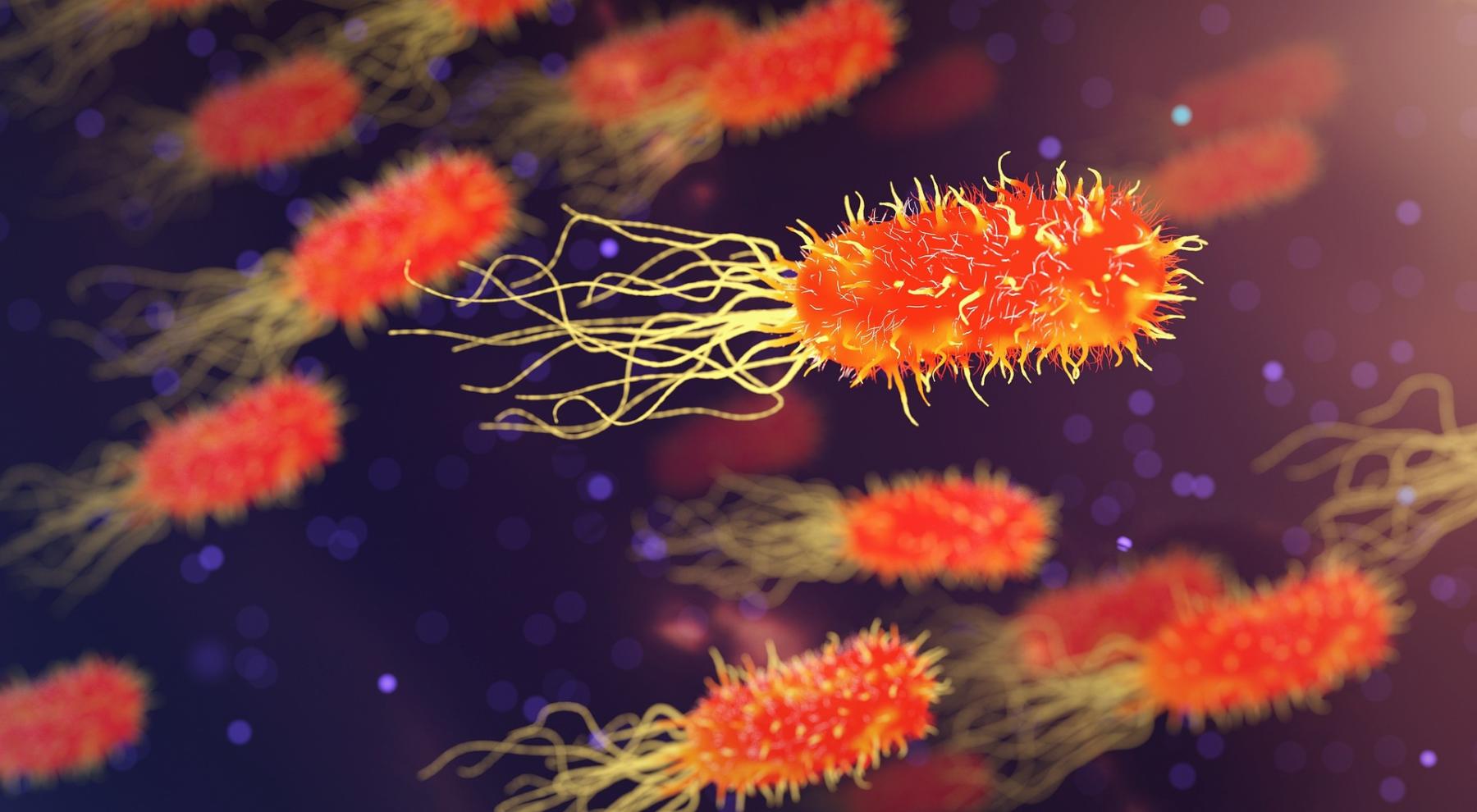
Eggs Afloat
by Victoria Rackley
Students will dive into the fascinating world of parasitology as they collaborate in teams of three to analyze and evaluate the presence of parasites. The lesson aims to enhance both teamwork and practical laboratory skills while deepening students' understanding of parasitic detection methods.
Each team will be assigned the task of preparing detailed slides to examine fecal smears and conduct simple flotation tests. The students will follow laboratory protocols to create the slides using a specific pattern. The fecal smear and simple flotation techniques are important tools in identifying parasites within biological samples.
Lesson Plan Link/URL
https://docs.google.com/presentation/d/1lrqcPolD1jzTbeetHB0MAr7MNmD4MN_4/edit?u…Related Content

Grades:
9th Grade, 10th Grade, 11th Grade, 12th Grade
Students will use Gel Electrophoresis to diagnose the dominant, fatal, genetic disorder of Huntington's Disease, a neurodegenerative disorder caused by an excessive number of CAG repeats in the DNA

Grades:
9th Grade, 10th Grade, 11th Grade
This lesson is designed to uderstand the stages of mitosis by integrating Virtual Reality (VR) in the classroom. The students will be able to identify and describe the key events in each stage of

Grades:
6th Grade, 7th Grade, 8th Grade, 9th Grade, 10th Grade, 11th Grade, 12th Grade
This lesson is designed to encourage students to explore their interests and pursue their passions while diving into the world of STEM. This lesson takes place in a classroom for one semester. 1 hour